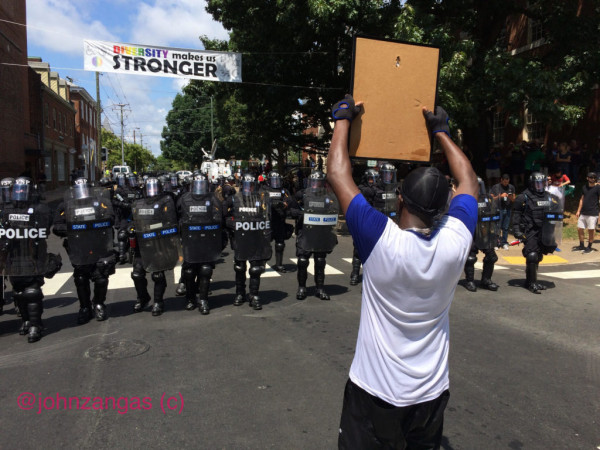A New Era Of Endless Labor Shortages?
Every so often a publication comes along that more or less perfectly captures the Zeitgeist of world business elites. So it was on the 26th of June when the McKinsey Global Institute issued a new report: “Help Wanted: Charting the Challenge of Tight Labor Markets in Advanced Economies.”
The message its few pages of charts and text deliver is dire indeed: “Labor markets in advanced economies today are among the tightest in two decades, not merely a pandemic-induced blip but rather a long-term trend that may continue as workforces age.”
This constraining labor market, the report claims, “means forgone economic output,” since employers are not able to “fill their excess job vacancies.”











